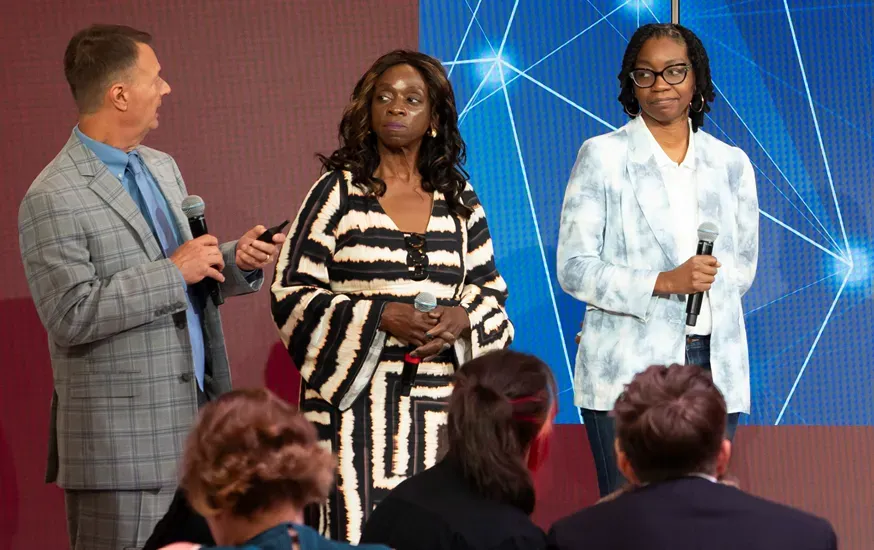Stephanie and Christopher’s Story: Rare Disease and Medical Nutrition
Any parent would agree that having a child changes your world forever. Yet, having a child with a rare disease throws you not only into the role of parent but also advocate, educator, researcher, and medical provider. Those with rare diseases, and the guardians’ that care for them, have different perspectives on the world. We must, or we and those we care for will not survive.
My son Christopher was diagnosed in 2008 via new-born screening with a rare inherited metabolic condition called LCHADD. Ultimately, his body cannot break down long chain fats and use it for energy. Looking at Christopher you would never know that he has a rare disease. He is thriving academically, loves to write, play chess, make music, and compete in baseball. He enjoys magic and loves making his parents and friends laugh. In fact, his laughter is contagious. Christopher is not thriving because his condition is “easy” to navigate. He is doing so well because he is diligent with what little things we understand about his rare disease. He takes a special medical formula daily that gives him the right kinds of fats that his body can process. He eats every two-three hours throughout the day with MCT oil drizzled on his food, so his body will not use his muscles for energy. He also works with me daily to make sure he only consumes 10g of fat through food, so fat does not gather around his heart or infiltrate his liver.
As a parent of a child with a rare disease I work really hard to understand his ever-changing condition. It is not uncommon for my husband to come home from work and find science textbooks, dictionaries and pencil/paper scattered on our living room table, as I am trying to dissect a new medical journal article. Talking with other families and looking at research are my two best avenues of preparation before doctor visits. I have met some amazing doctors, who do not resent it when I ask questions but try to work creatively with us to solve problems. A doctor told me early on, “parents of children with rare diseases quickly become the expert in their child’s disease.” It was comforting to hear a doctor recognize this but also terrifying because I did not go to school for medicine. I might wish that a medical professional could share with me all I need to know about LCHADD, but I understand that realistically when you only see 10 children a year with a specific condition, it is almost unfair to expect a doctor to be the sole source of information. We must work together as a team.
Another area of my life that has changed so much, is having to fight with the insurance company for items that my son needs to survive. When my son first arrived home from the hospital, we were told it would be too dangerous for him to breastfeed and that he needed a special medical nutrition called Lipistart. You can imagine the devastation that settled in when I learned that we were denied coverage. My husband was an Atlanta Public School teacher, and trying to pay $800 a month for medical nutrition was terrifying. We were lucky, we were able to work with local legislators and HR to get this problem resolved, but I couldn’t shake the knowledge of what it would have been like if he was in a different job. Not all private insurance companies cover the cost of medical nutrition, and this devastates families who are already having to fight in so many different ways. Parents and advocates have worked together for over 12 years to try and get this issue resolved for all families. Yet, it is hard to get the right people to listen when there are so few of us.
I still believe that people want to have compassion, want to care for others, and want to help–yet it gets harder and harder to feel this way when I see the issues of the weak and vulnerable set to the side, and that is why we need a Rare Disease Advisory Council. I may be one parent of a child with LCHADD but I am not alone in my struggle with caring for someone with a rare disease. The more people understand our journey, the better we can compassionately craft laws for the good of all.
Read Stephanie’s blog here: harryfamilyblog.blogspot.com
The post Stephanie and Christopher’s Story: Rare Disease and Medical Nutrition appeared first on Georgia Bio.



